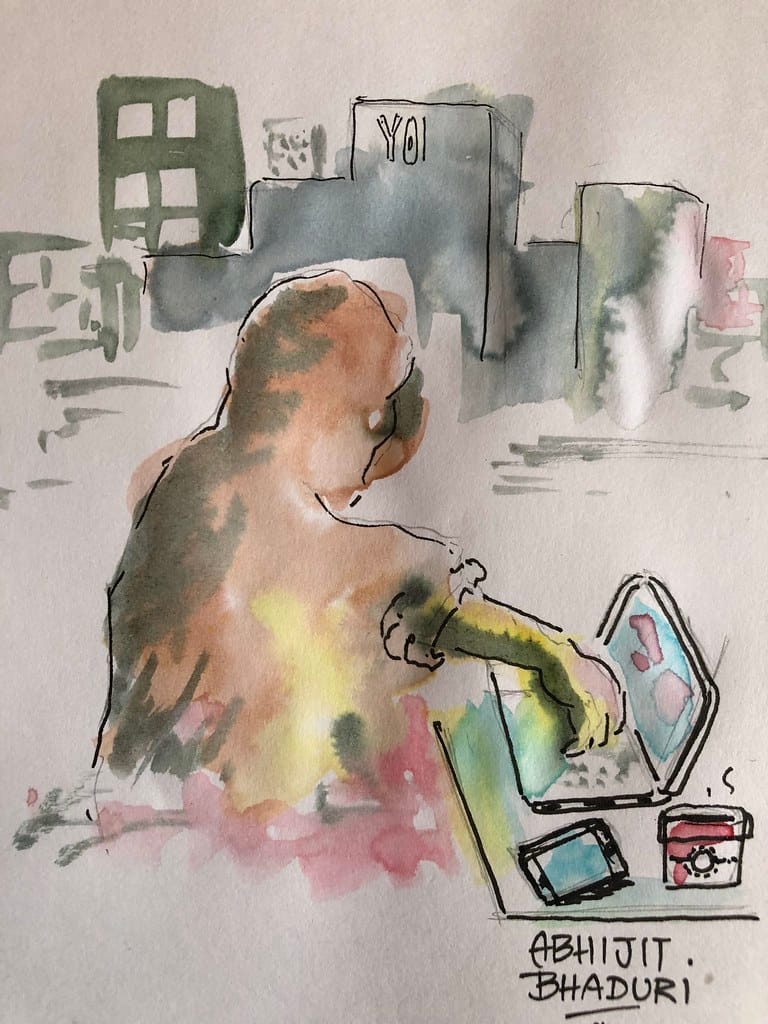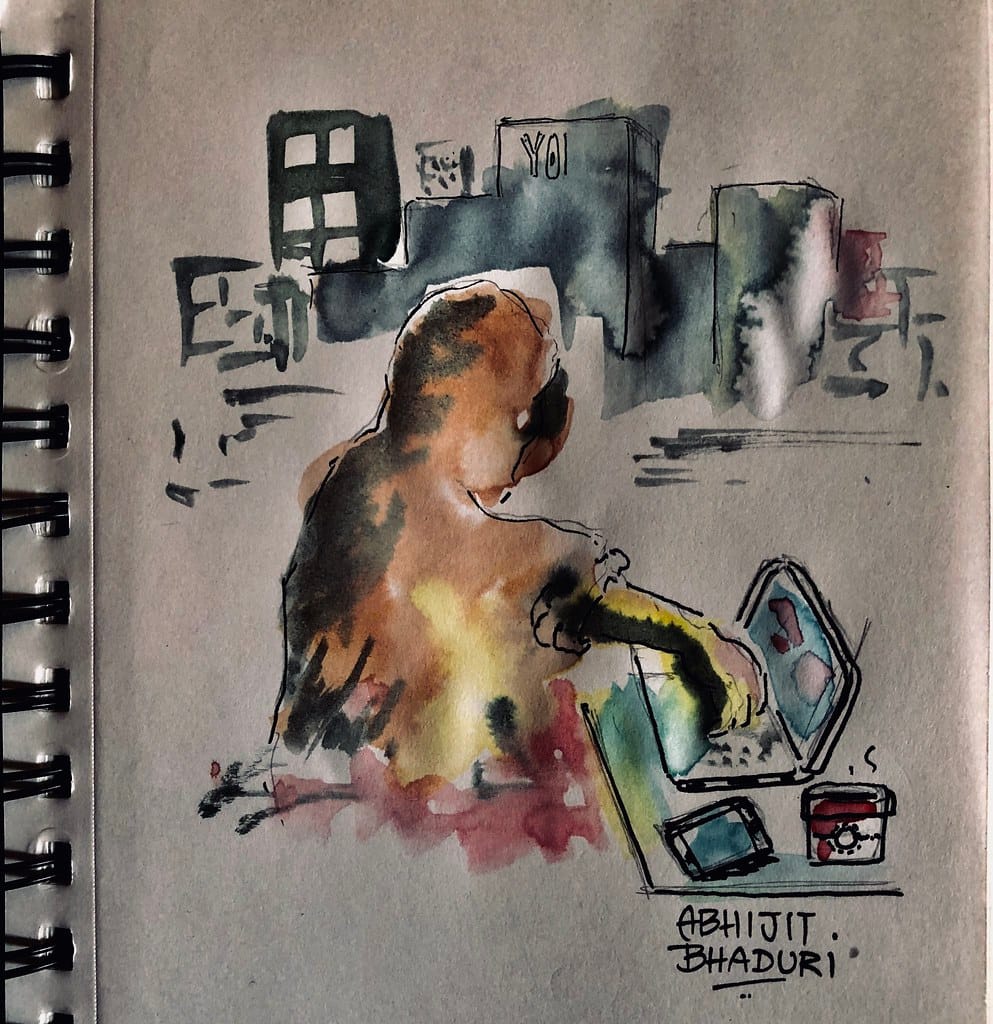Citizen Lab Director Sounds Alarm: US Democratic Backsliding Threatens Global Cybersecurity
The director of the renowned Citizen Lab cybersecurity research group has issued a stark warning to the technology industry, cautioning that America's slide toward authoritarianism poses unprecedented risks to digital rights and cybersecurity worldwide. The alert comes as democratic institutions face mounting pressure and surveillance technologies become increasingly weaponized against civil society.
A Warning From the Digital Frontlines
Ron Deibert, director of the University of Toronto's Citizen Lab, has spent over two decades investigating digital espionage, surveillance abuse, and cyber threats targeting civil society. His latest warning carries particular weight given Citizen Lab's track record of exposing high-profile cyberattacks, including the Pegasus spyware scandal that revealed surveillance of journalists, activists, and political dissidents across multiple continents.
Speaking at recent industry conferences and in academic forums, Deibert has highlighted how democratic erosion in the United States could fundamentally alter the global cybersecurity landscape. His concerns center on the potential misuse of America's vast technological infrastructure and intelligence capabilities should authoritarian tendencies continue to strengthen.
The Intersection of Technology and Authoritarianism
The cybersecurity expert's warnings are grounded in observable trends that extend beyond traditional partisan politics. Recent years have witnessed increased government pressure on technology companies, expanded surveillance authorities, and growing concerns about the weaponization of digital platforms for political purposes.
Citizen Lab's research has consistently shown how authoritarian regimes exploit commercial surveillance technologies. The group's investigations revealed that NSO Group's Pegasus spyware was used by governments to target over 50,000 phone numbers, including those belonging to heads of state, journalists, and human rights activists. This pattern of abuse demonstrates how quickly cybersecurity tools can be repurposed for political oppression.
Implications for the Global Cyber Industry
Deibert's warnings carry significant implications for cybersecurity professionals and technology companies operating internationally. The United States serves as the backbone of global internet infrastructure, hosts major technology platforms, and houses the world's largest cybersecurity industry. Any shift toward authoritarianism could create ripple effects across the entire digital ecosystem.
The director has specifically highlighted concerns about:
- Surveillance expansion: The potential for broader domestic surveillance programs that could normalize invasive monitoring practices globally
- Technology weaponization: The risk of cybersecurity tools being repurposed for political persecution rather than legitimate security purposes
- International cooperation erosion: How democratic backsliding could undermine crucial cybersecurity partnerships and information sharing agreements
Lessons From Global Surveillance Trends
Citizen Lab's extensive research portfolio provides sobering context for these warnings. The organization has documented surveillance abuses in over 45 countries, revealing how quickly democratic norms can erode when surveillance technologies lack proper oversight.
Their investigations into targeted espionage campaigns have shown how authoritarian governments systematically abuse cybersecurity tools to silence opposition voices. The Pegasus revelations alone implicated governments in Mexico, Hungary, India, and numerous other countries in extensive surveillance overreach targeting civil society.
Industry Response and Responsibility
The cybersecurity industry faces mounting pressure to grapple with the ethical implications of their technologies. Deibert's warnings underscore the critical need for robust governance frameworks, transparent oversight mechanisms, and proactive measures to prevent the abuse of surveillance capabilities.
Several major technology companies have already begun implementing stricter controls on surveillance technology exports and enhanced due diligence procedures for government clients. However, critics argue these voluntary measures remain insufficient given the scale of potential misuse.
Looking Forward: Safeguarding Digital Rights
Deibert's warnings serve as a crucial reminder that cybersecurity cannot be divorced from broader democratic governance issues. The director advocates for strengthened international cooperation, enhanced transparency requirements, and robust legal frameworks to prevent surveillance technology abuse.
As the United States navigates complex political challenges, the cybersecurity community must remain vigilant about protecting the digital rights that underpin democratic society. The stakes extend far beyond American borders – the health of global cybersecurity depends on maintaining democratic norms and preventing the weaponization of digital technologies against civil society.
The path forward requires sustained commitment from industry leaders, policymakers, and civil society organizations to ensure that cybersecurity tools serve their intended purpose of protecting rather than oppressing democratic freedoms.

